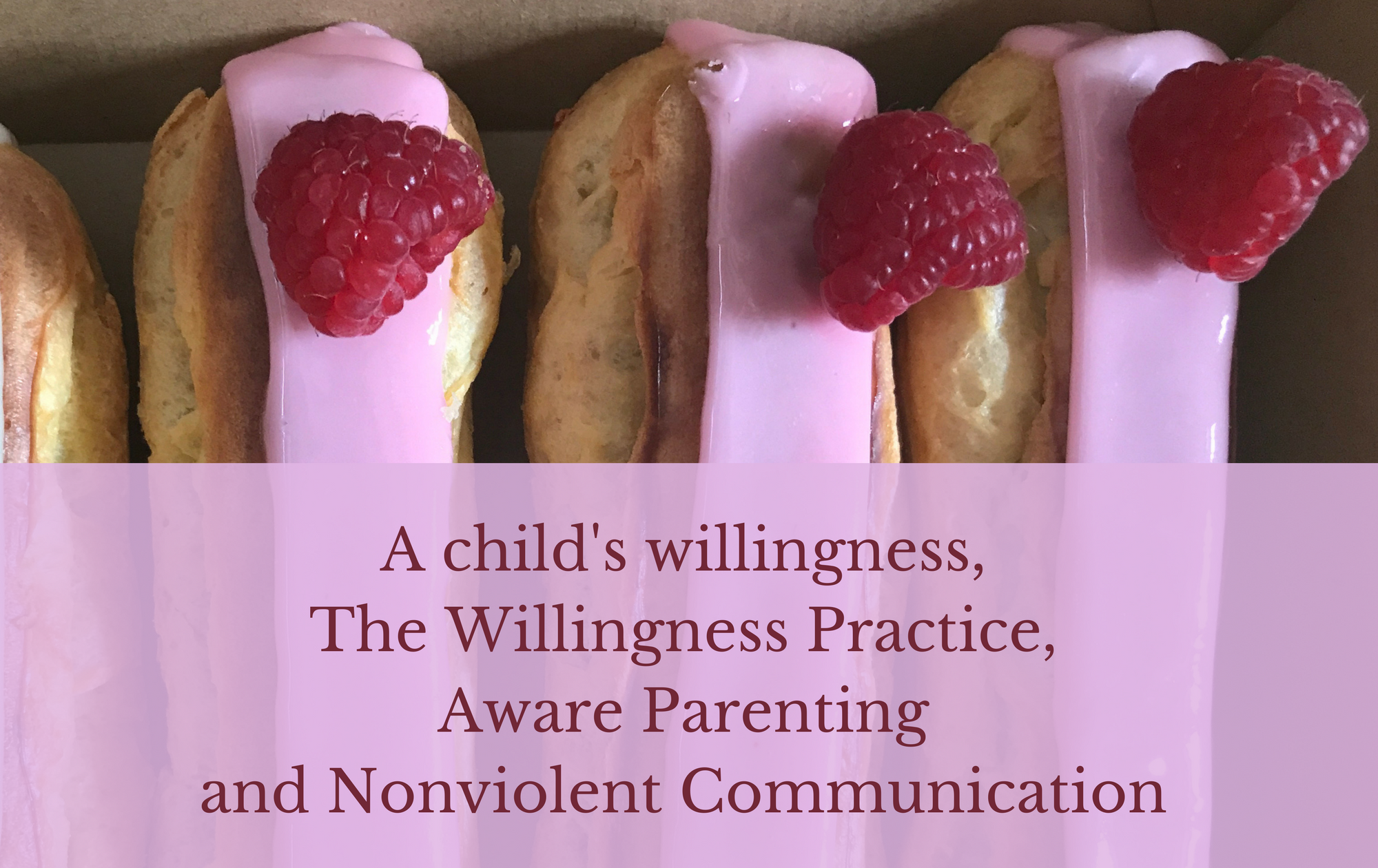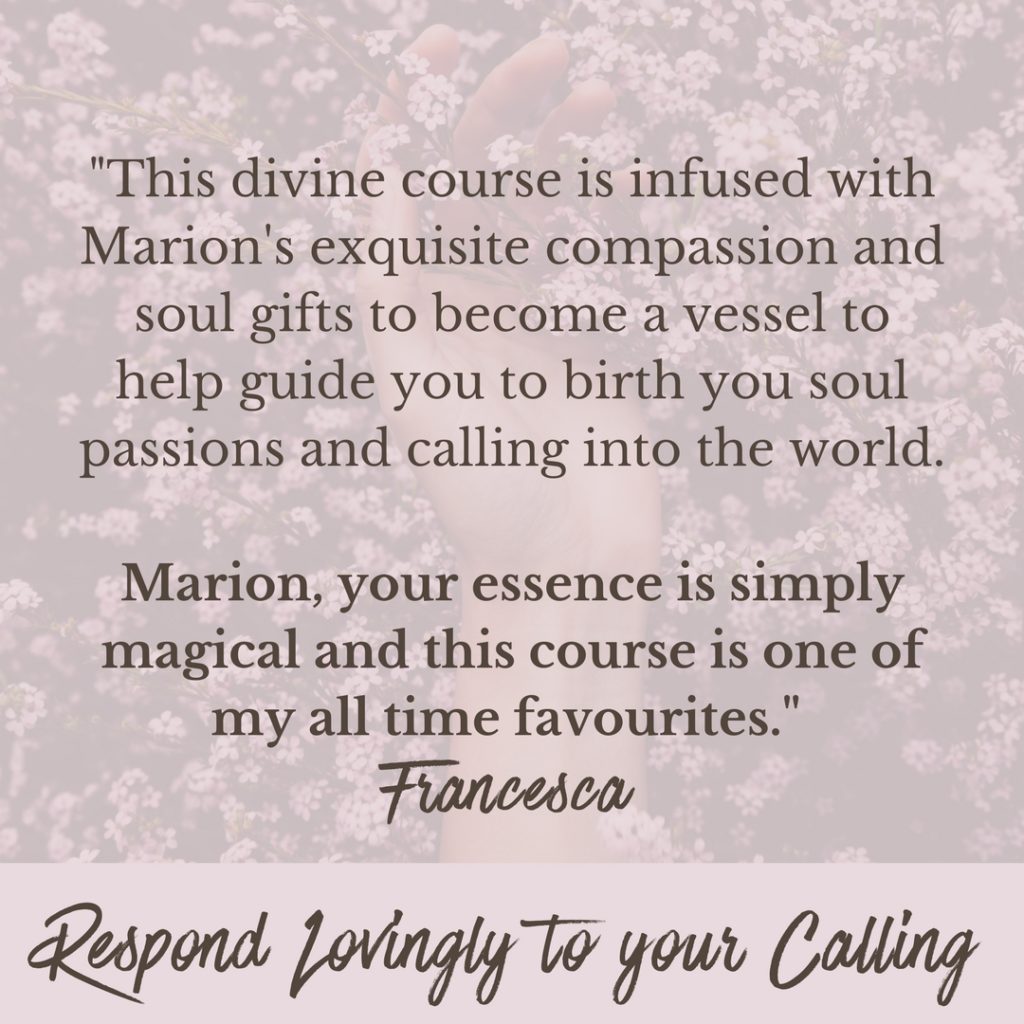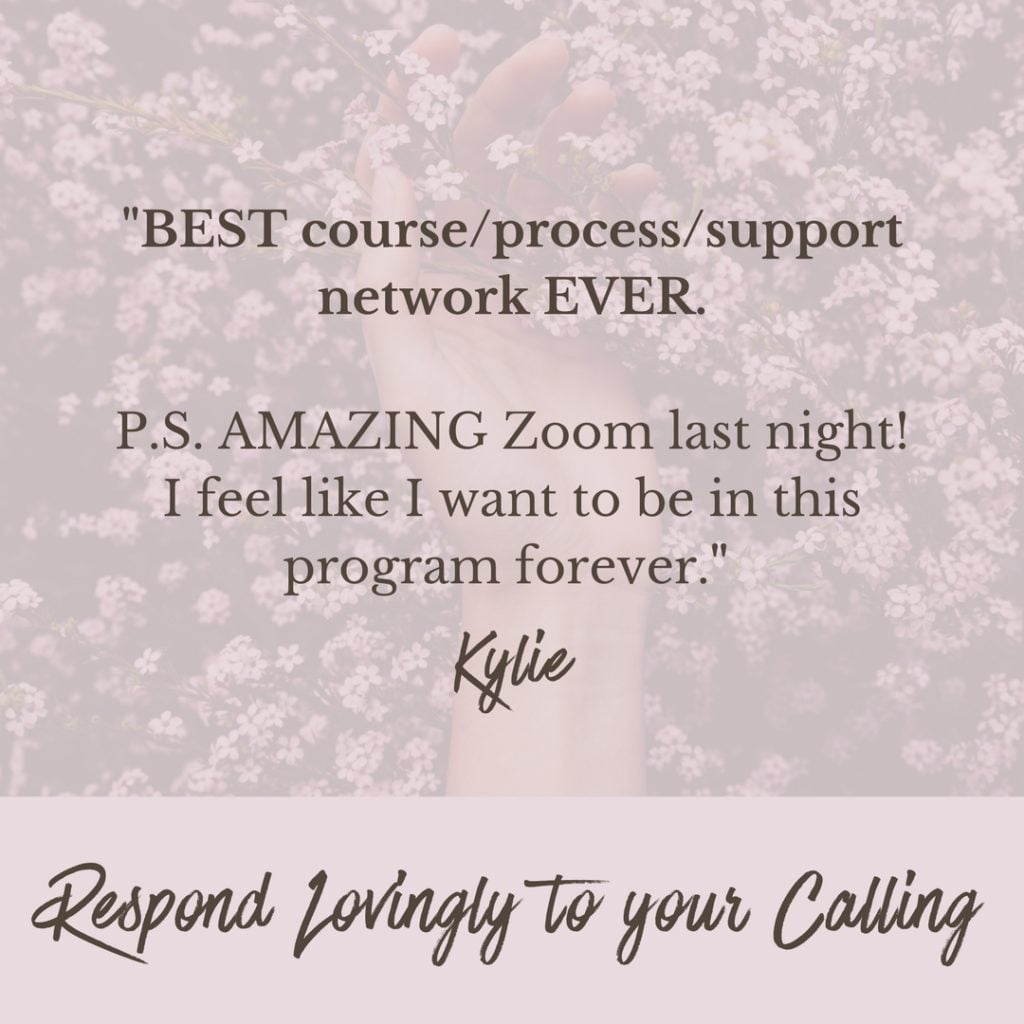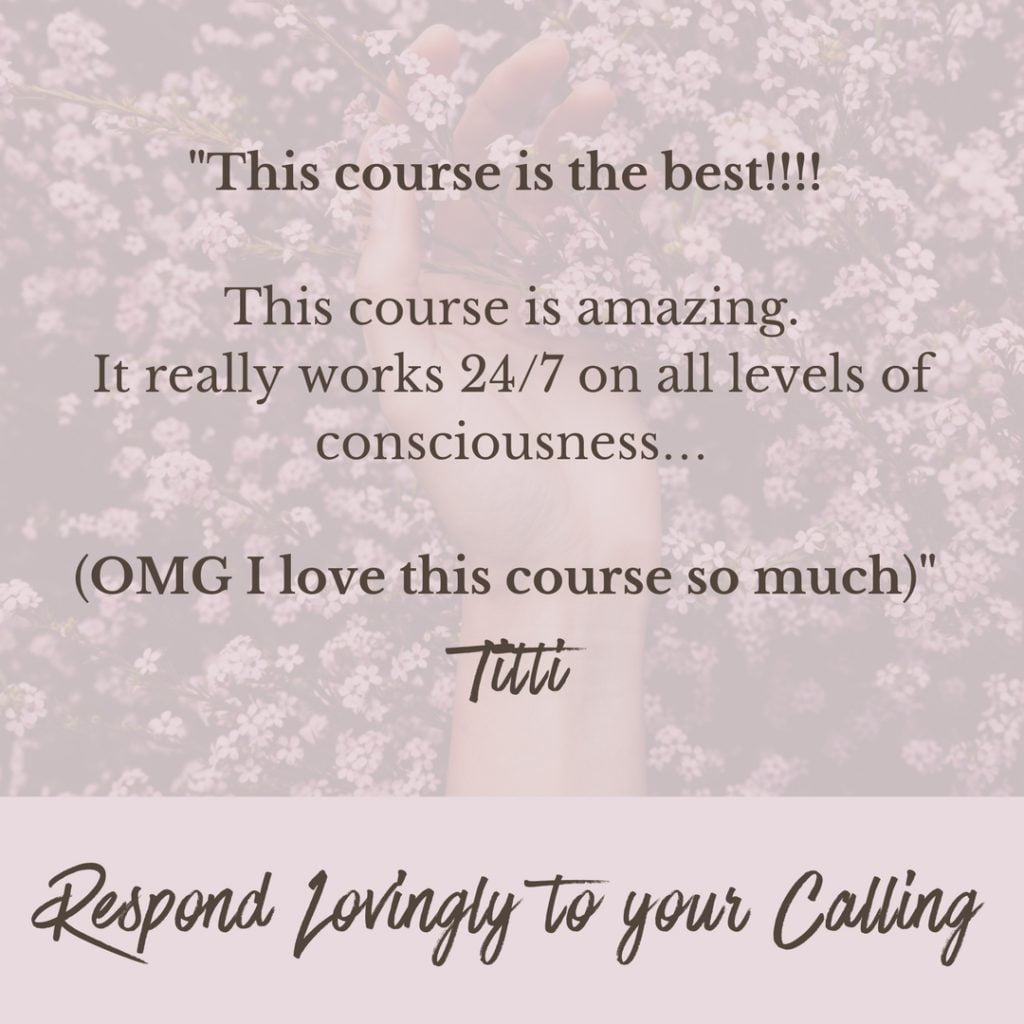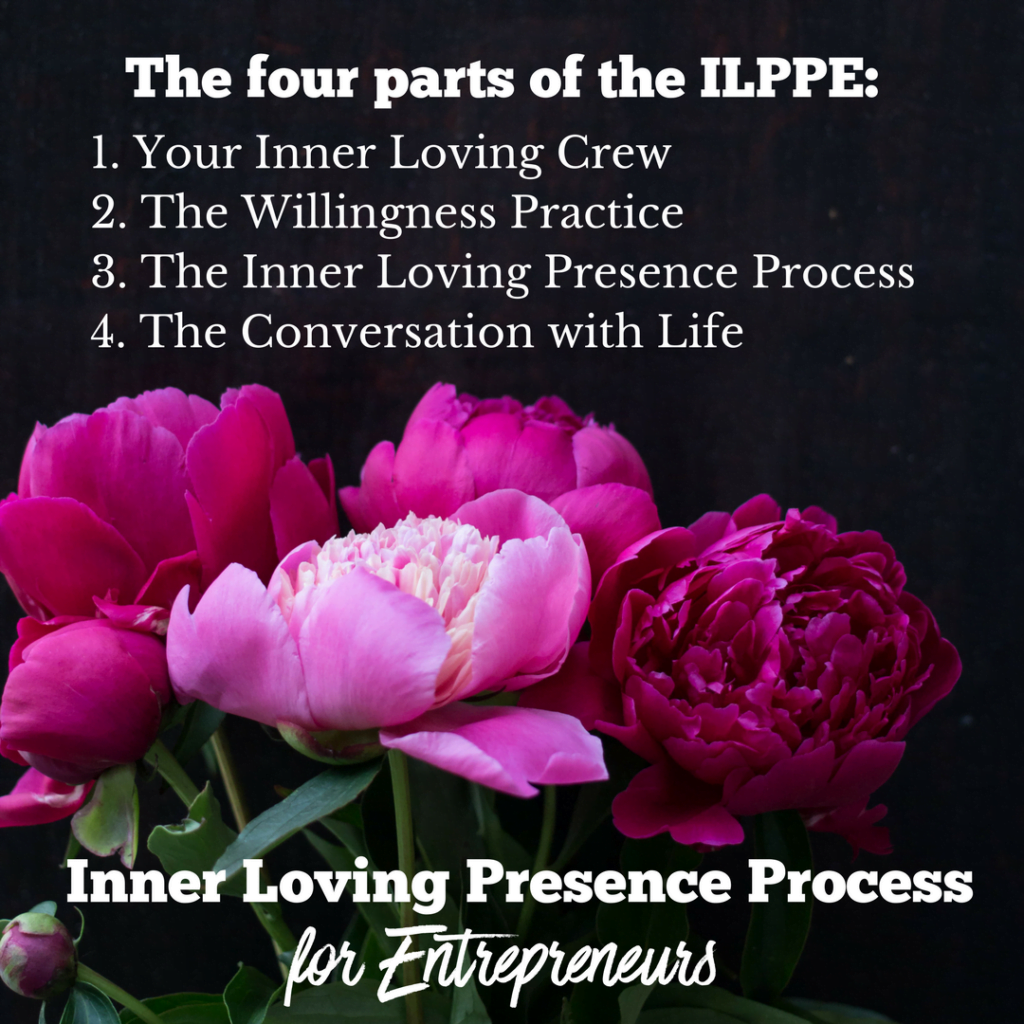I LOVE finding links and connections between the paradigms that I love!
And in my free A Week of Willingness last week, I learnt so much from my own practice and reading about the experiences of everyone who took part.
In this article, I’m going to talk about the links between a child’s willingness, The Willingness Practice, Aware Parenting and Nonviolent Communication.
WHAT IS WILLINGNESS?
The easiest way to experience your willingness (and unwillingness) is first of all to connect with something tangible that you want to do, have or be. For example, you might want to do some yoga today.
THEN ask yourself, “Am I willing to do some yoga today?”
And then, with RADICAL SELF-HONESTY, listen to the answer.
A YES is a full, whole body YES, with a tone that resounds through your whole body, and you might find yourself smiling.
A NO is clear too!
And you might say “yee…s”, but it’s not a full, certain yes.
It’s you wanting to say yes.
You can feel in your body that it isn’t a yes.
You can feel some hesitation.
It’s a sense of the yes coming from your head, but the rest of your body isn’t involved.
It’s a thought rather than a whole body experience.
That’s us being unwilling.
Why might we not be willing to do, have or be what we want?
Well, the answer to that comes from the next questions in the practice, which are:
“Why not? What am I scared of? What am I protecting myself from?”
The answers to this tell us why not.
It’s generally past feelings of hurt that get in the way of us being willing to have what we want.
These can include:
Asking for what we want and being punished or shamed as children;
Having what we want and having it taken from us as children;
Having what we want and others being jealous of us as children and hurting us in some way;
Repeated experiences of our willingness and unwillingness not being respected.
In other words, past feelings of hurt, of being shamed, punished, or judged when we asked for what we wanted or had what we wanted, or were honest about what we wanted, and so on!
RESPONDING TO A CHILD’S WANTING, WILLINGNESS and UNWILLINGNESS
How our wanting, willingness and unwillingness were responded to as children, and how we respond to our children, has a profound impact.
Many of us grew up in the old behaviourist paradigm of punishments and rewards, guilt and shame and were taught to be obedient.
If we generally had little choice over what we did and didn’t do;
If we experienced power-over and a lack of respect for our unwillingness;
If we were frequently punished or rewarded, or shamed and guilted;
These experiences disconnect ourselves from our true wanting and willingness, and can often make it hard for us to be truly willing to cooperate with ourselves and others.
We lose connection, to some degree or another, to our own power and our own self-connection and the power of our willingness.
We might do what others say, but out of guilt and fear of punishment, rather than true willingness.
Or we might do what we want, but by coercing ourselves with guilt and self-punishment.
We learn to act more from shoulds, have-to’s an forcing ourselves, which is WAY LESS POWERFUL than true willingness.
WHY MIGHT A CHILD NOT BE WILLING TO COOPERATE?
If we ask our child to do something, what are the reasons why he might not cooperate?
This is where Aware Parenting comes in.
As Aletha Solter so beautifully described, there are often three reasons why a child isn’t willing to cooperate with us.
The first is that they don’t have the information that they need.
In my experience, this reason is the least common one, but the one that our culture believes is generally operating.
In other words, if our child is doing something we don’t want them to do, or not doing something that we do want them to do, and isn’t willing to change that, then we give them information.
The second is that they have unmet needs.
In other words, they’re not willing to cooperate with our needs, because they have other needs that they are trying to meet in that moment.
(I love how this fits with NVC – when we ask someone “would you be WILLING to…”, and they say no, we know if it is a true request rather than a demand if we understand that when they say no, they are saying yes to something else, and aim to offer them empathy for whatever that is!)
The third reason a child isn’t willing to cooperate is often the most common reason.
That is because they have pent up painful feelings that are getting in the way of them cooperating.
Those pent up feelings might mean that they feel so agitated in their body that the only thing they can focus on is that agitation and trying to not feel it.
Those pent up feelings might mean that their top priority becomes either repressing the feelings or releasing those feelings – if the latter, they may then locate those feelings on whatever we are asking them to do or not do, and will start to cry or tantrum.
Or, it might be that when we ask them if they’re willing to do something or stop doing something, that old feelings of powerlessness arise.
This is how the psyche is designed to work.
When we are in a situation that reminds us in some way of a past situation where painful feelings weren’t heard, then those feelings come up in the present situation, so that they can be heard and healed this time.
So, when a child (or adult), is asked to do something or stop doing something, old feelings around not having choice, their choice not being respected, being coerced, or feeling powerless can come up.
This can be from past things we’ve done as parents – times where we’ve used our greater physical or emotional power to make them do something.
Or it can be from things like medical procedures during or after birth, or dentist visits, or times where they didn’t have choice about what happened to their bodies.
It can be from times that they weren’t responded to, such as crying alone or calling out as babies and no-one coming.
All these feelings can arise in the present moment when we ask our child if they are willing to cooperate.
And the wonderful thing is, that Aware Parenting gives us the tools to help our children to be freer to be willing to cooperate.
HELPING OUR CHILDREN TO BE FREE TO BE WILLING TO COOPERATE
These are the flip side of all of the above reasons.
1. We can give them information;
2. We can give them plenty of choices;
3. We can do our utmost to meet their needs, especially for autonomy and choice;
4. We can listen to their feelings of powerlessness through listening to their tears and tantrums with loving compassion.
5. We can help them release old feelings of powerlessness through power-reversal games.
6. We can find ways to meet their needs and our own. (eg. if they are saying no to something, we can look at what we are needing and what they are needing and find a way to meet both of our needs.)
7. We can avoid using power over them, and if we do ever resort to power over, we can help them heal by giving empathy and listening to their feelings.
8. We can avoid using punishments and rewards, shame and blame, guilt, shoulds and have-to’s.
9. We can give them reassurance that we won’t use force, and will listen to their yeses and no’s.
10. We can offer more connection, because the more connected with us they feel, the freer they will often be to cooperate (unless big feelings are coming up to be heard).
And we can add that lovely way of making requests that NVC gives us, “Would you be WILLING to…”
And we could also reflect back to them, “Oh, you’re not willing to….?”
I LOVE that NVC is so much about willingness.
I remember Marshall Rosenberg talking about his own family, and how he told them that he only wanted anyone in the family to do something if they could do so with the joy of a child feeding ducks.
That’s willingness – the joy of contributing to someone else, knowing that we are also free to say no, if it really isn’t alive for us.
And I love that terminology in NVC too – “What’s alive for you?” – and to me, that fits so closely to what we’re talking about here – willingness is all about what’s alive and true and here and now in our bodies.
The more children have the reassurance that we will aim to respect their choices and their true willingness and unwillingness, the freer they will be to cooperate with us.
All of these ways include a deep sense of COMPASSION for our children, a respect for their own inner barometer, and a willingness to listen to them and respect their own unique selfhood.
The wonderful thing I’ve found is that the more I listen to my own wants, willingness and unwillingness with loving compassion, the more I am able to listen with absolute unconditional love to my children’s wants, willingness and unwillingness.
WILFULNESS AND COMPLIANCE
I often hear the term “a wilfful child” – which often refers to a child who doesn’t generally cooperate.
Often, it’s seen that that child is strong willed.
But the way I see it is that they aren’t actually connected to their true will.
Rather, it’s often accumulated unexpressed feelings from the past that are getting in the way of them being able to be willing.
A child’s true nature is the desire to connect, cooperate and contribute, as long as they don’t have other needs that they need to meet in that moment.
The more we are able to stay connected with our child, listen to their painful feelings, give them choices when we ask for their willingness to cooperate, and make things fun, the freer they are to be willing to cooperate.
This means that they stay connected to their true will.
They know what they want and don’t want, and what they’re willing to cooperate with and not cooperate with.
Giving choices, listening to our child’s willingness, and doing all we can to respect their needs, autonomy and willingness, helps our children stay connected with themselves.
However, this doesn’t mean we will have a compliant child!
When we bring up our children like this, they will stay true to themselves.
They’ll want to cooperate at times, yes, AND they won’t do it out of a sense of obligation, guilt, fear, shame, or lack of choice.
Which means that they will at times not want to do what we ask them to do.
They will know their own truth.
They’ll be connected with radical self-honesty and radical self-compassion.
And this can be SO HARD for us as parents, for a couple of reasons:
1. We live in a culture where parents often don’t have much support, and so we will often ask our children to meet our needs, because we don’t live in a tribal community where there would be plenty of people around to help meet our needs.
2. We may want our child to be deeply connected with herself, and to be able to say no, but the child in us that didn’t get to have that can often feel jealous or rage or hurt when our child is free to be true to her willingness, when in her situation, we were faced with punishment, shame or shoulds.
OUR CULTURE
Talking of our culture, I think so much of this is cultural.
A lot of this is actually caused by nuclear families.
I can remember so many times when I would be alone with my child or children, and I wanted to go out or do something, and they didn’t.
If I’d lived in a tribe, I could simply ask them if they were willing to come, and if they weren’t, they could stay with others in the tribe and choose to do what they wanted.
It’s often a lack of cultural support then, that leads to us often feeling frustrated and powerless, which then also connects us to our childhood feelings of powerlessness, which is often where we use power-over our children, which of course means that they feel powerless and are even less willing to cooperate!
I’ve found such a shift in this as my children have got older – my daughter is 15, and if she doesn’t want to do something that I want to do, I feel comfortable for her to stay at home. And my mum lives in a granny flat in our garden, which means I’m comfortable for my 11 year old son to stay at home too.
I’m also grateful for our entrepreneurial and homeschooling lifestyle, which means we all get to choose what we want to do and are willing to do!
WILLINGNESS AND SELF
I believe that connecting in with what we want and what we are willing and not willing to have, do and be, is a very direct and simple route in to our self.
When we listen honestly to our willingness, we are deeply hearing ourselves.
And when we are truly willing to have, do or be what we want to have, do or be, it’s a deep connection with ourselves.
That deep connection with our willingness has a powerful generative force.
When I’m willing to do something, there’s a deep feeling of joy. I’ll often smile.
I believe that is the divine inner marriage.
It’s the marriage of love and will, self-honesty and self-compassion, wanting and willing.
UNWILLINGNESS
So, the reason that we are unwilling to cooperate with what we really want are often the same as when our children are unwilling to cooperate with us.
It’s often those past hurts that are getting in the way, as well as us coercing ourselves to do things through should and have to.
Past painful feelings are the main cause of our unwillingness and our child’s unwillingness.
And again, this is where NVC is so helpful.
I remember first learning about the importance of our need for autonomy, and how, when we demand something (eg. “you should do this, you have to do this,” or shaming someone into doing something), then that person is unlikely to be WILLING to do that thing, even if they had wanted to do it beforehand, because of their need for autonomy.
And it’s the same internally too.
If we should ourselves, have-to ourselves, or shame ourselves into doing something, then we are way less likely to be WILLING to do that thing, even if we actually WANT to do that thing.
Connecting with what we want and our willingness is helped so much if we let go of shoulding, have-toing and shaming ourselves into doing things.
It IS possible to do this! (I’ve done it, so you can!)
AND shoulding, have-toing and shaming ourselves also gets in the way of us knowing what we actually WANT and are WILLING to have, do and be!
The more we compassionately connect with ourselves, our wants and our needs, our willingness and unwillingness, and are RADICALLY SELF-COMPASSIONATE, the more connected with ourselves we are!
RADICAL SELF-COMPASSION
In The Willingness Practice, if we aren’t willing to have, do or be what we want, then the next step after listening to why not, is to give absolute unconditional love to all of the fears that we have.
Those parts of us need to be heard.
Often in our culture we are taught to force past fears.
But when we truly hear the part of us that is afraid to get hurt in some form or other, until she feels deeply heard, we can then move on to giving her reassurance, information, support and protection, so those parts of us are then free us to say, “YES, I AM WILLING!”
Those parts are there just wanting to protect us from getting hurt again.
By giving them unconditional love and then unconditional reassurance and encouragement, they have that reassurance that we are here now, caring for ourselves and taking responsibility.
LIFE RESPONDS TO OUR WILLINGNESS
Life responds to our willingness, rather than our wanting.
Remember what I said before about willingness being a whole-body thing?
It’s energetic, this whole body feeling of willingness.
And it’s that which Life responds to.
Life responds to what we’re willing to have, do and be, NOT what we want.
This is why this requires RADICAL SELF-RESPONSIBILITY (a term from The Field Project).
Much of what shows up in our life is a reflection of our willingness.
I know that if something isn’t showing up that I want, that generally when I do a Willingness Practice, I find that I wasn’t actually willing to have that thing!
The people in our lives also respond to what we’re willing and not willing to have – because it’s an energetic thing!
WHY I DON’T USE THE WORD ‘PROCRASTINATION’
I don’t use the word, because if I am wanting to do something and I’m repeatedly not doing it, I know that that’s because I’m scared of what might happen if I do that, and I’m protecting myself from those feared things.
I prefer to call it ‘protection’.
And the thing I find is, that when I give unconditional love to the fears, and when I thank the parts of me that are protecting myself from those things happening AND THEN give them all kinds of reassurance about how I’m taking care of them now, then I’m free to act with willingness.
I love this RADICAL SELF-COMPASSION.
It means including ALL the parts of us.
Unconditionally loving the parts that are afraid.
Unconditionally loving the parts that are protecting ourselves.
Listening to them, loving them, reassuring them, until WILLINGNESS COMES.
And THEN we can freely take action.
Not from a should, or self-judgment, or self-shaming, or have-to’s (which are all not respecting of willingness and honesty with ourselves),
but from a WILLINGNESS.
And the wonderful thing is that doing something from a sense of willingness generally feels flowing and joyful and energising and fullhearted and fullbodied. We are bringing ALL of ourselves and ALL of our energy to the action.
Whereas, when we act from a should or a have to or shaming, then we are cut off from our bodies. Our minds are forcing us, but our body energy is more about fear and self-protection. And that is WAY LESS effective!
WHY FORCE DOESN’T OFTEN WORK
If we’re not willing for something, yet we keep forcing ourselves in the direction of that, then often one of two things happen:
1. Life prevents that thing from showing up, in the form of illness, technical issues, computer glitches, power issues, car hitches and so on – that’s because Life is protecting us from whatever it is that we are afraid of, which we haven’t given deep compassion and reassurance to.
2. Life brings us what we are afraid of, and didn’t lovingly listen to. The past hurts come up to be heard and healed, and if we’re not listening to those with loving compassion, then Life will bring us reminders in the present so that we will hear and heal those parts hurts and fears.
My experience is of profound empowerment, knowing that I can start my day off with The Willingness Practice, AND respond to technical glitches, car hitches, or health issues with The Willingness Practice.
We’re claiming our true power as co-creators of our lives.
And whilst it can be deeply deeply painful at times when we just AREN’T willing to have what we long for, despite all the self-compassion and reassurance, at least we know that it isn’t that Life is against us. It’s just that we have more healing and listening to do!
WHAT WE’RE NOT WILLING TO ACCEPT
The flip side of this all is when something is going on in our lives that we are not willing to put up with anymore.
Setting loving limits with things that we’re NOT WANTING and NOT WILLING to accept is as powerful as being true to our wanting and willing!
This is related to loving limits for our child – when they are doing something that we know is them trying to express painful feelings, and we might say, “I’m not willing for you to do that, and I’m here, and I’m listening.”
We’re setting a loving limit with the behaviour, AND we’re willing to listen to the feelings that are causing the behaviour in the first place!
SUMMARY
1. Our willingness is a direct route into ourselves;
2. Our unwillingness to have, do or be what we really want is generally a reflection of younger parts of us who didn’t have our willingness respected, or our painful feelings heard;
3. Our willingness corresponds directly with life. Life responds energetically to or willingness not our wanting. this is radical self-responsibility.
4. Radical self-compassion is the key to willingness. We need to have old fears heard and loved, and to know that we won’t coerce ourselves this time.
5. This is the divine inner marriage between love and will!
6. The greatest gift we can give our children is to give them choices, respect their willingness and unwillingness, hear as many of their painful feelings as we can, use attachment play around cooperation issues, avoid punishments, rewards, shame, blame, shoulds and have-tos, so that they can stay deeply connected with their own inner barometer and will – which has a profound impact on how their life journey unfolds.
7. To do that often requires huge amounts of self-compassion for ourselves, particularly if we do resort to power-over when we feel powerless.
8. Healing our own feelings of powerlessness, and changing our inner dialogue to free ourselves of shoulds and shame makes it easier for us to respond lovingly to our child’s wanting and willing.
And I LOVE that following my own wanting and willing, in creating the A Week of Willingness, has led to so much clarity for me.
OFFERINGS
And I LOVE that I have resources where you can follow these up.
If you’re wanting to use The Willingness Practice in your own journey and calling, then Respond Lovingly to your Calling is open for a few more days – it includes The Willingness Practice.
CLICK HERE or on one of the memes below to find out more!
I’m also opening up the Inner Loving Presence Process for Entrepreneurs for 48 hours so that people from AWoW can join in.
CLICK HERE or on the image below to find out more:
And NEXT in my courses is the Power and Powerlessness in Parenting Course, which is ALL ABOUT helping ourselves claim our true power as mothers so that we are able to help our children stay connected to their true power, and reduce our own use of power-over, whilst healing past experiences of powerlessness!
I’m deeply grateful to Joan and Roger Evans (Psychosynthesis), Aletha Solter (Aware Parenting), Marshall Rosenberg (Nonviolent Communication) and Philip Golabuk (The Field Project) for all their work, which I have borrowed from and brought together.
Love,
Marion
xxx
